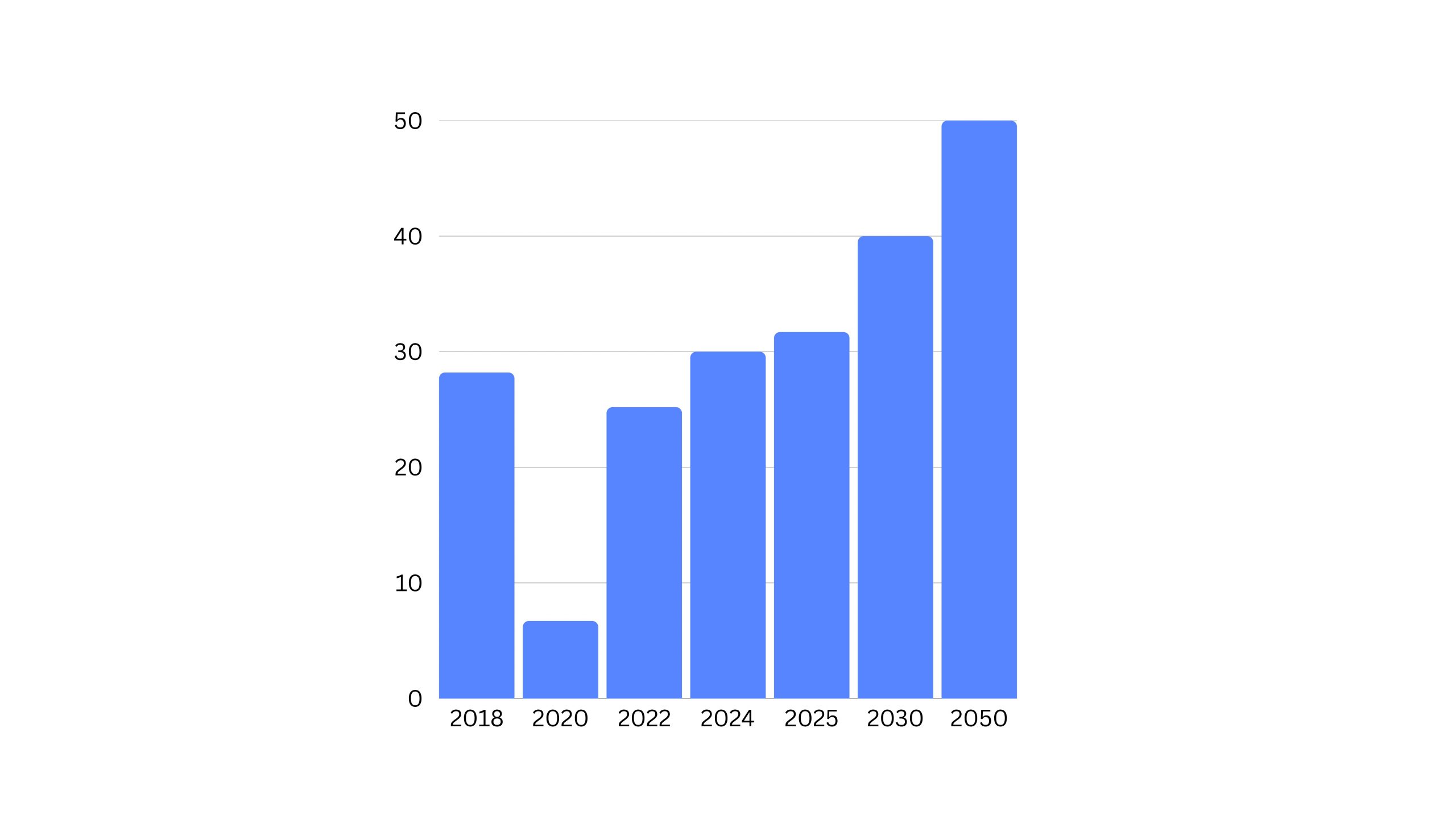
Manchester airport have celebrated their busiest season yet, with 7 million passengers flying in or out over the summer months.
The airport, which has been recently finishing works on the improved Terminal 2, experienced their busiest single month ever in August, with 3.5m people flying in or out of the northern hub. 91% of passengers reported their travels were either good, very good or excellent, according to a survey of 3000 people.
Michael Murphy-Pyle, a representative of the Manchester Airport group spoke of the ongoing developments to the £1.3 bn Terminal 2.
“We forecast that it would be the airport’s busiest summer to date, and we have actually been a little bit busier than that, which is really good news for the airport and the Terminal 2 project. When we came out of covid straight into the cost-of-living crisis, we were ready for a period of low growth, but it’s clear that people still prioritise travel.”
“The Terminal 2 project doubles the size of the terminal, but is actually an investment for the airfield as well as the terminal itself. As we’ve seen at Gatwick over the weekend, it’s important to have those two functional runways. Whilst we’ve had both runways at Terminal 2 for a while, they were not built for the number and size of planes we see in modern air travel”.
On Sunday evening, the government approved plans for Gatwick airport to transform their second runway, which runs parallel to the existing runway, but is too close to be able to use both simultaneously. The £2.2bn project will facilitate 100,000 more flights a year.
Similarly, the completion of the Terminal 2 project has allowed Manchester airport to welcome more passengers through the Northern gateway.

“We are currently seeing 31.5 million passengers use the airport a year, and we are aiming to reach 40 million by 2030, and 50 million by 2050. We can reach 40 million with our own investments and existing demand, but to reach 50 million we would be reliant on improved external infrastructure, like the cancelled HS2 project.”
The HS2 line to Manchester had initially been planned to include a station west of the airport, accessible by the M56 and connected to the airport by Metrolink trams. However, plans for the northern leg of the line were cancelled in October 2023 by then-Prime Minister Rishi Sunak. Despite the cancellation, safeguarding measures are still in place for the Crewe to Manchester leg of the line and will remain in place awaiting further decisions.
Manchester Airport had suffered from the lack of international travel due to the covid pandemic and was predicted to reach their pre-covid levels in 2026/27. However, the airport reached these levels of travel in 2023 and has been exceeding their pre-covid numbers consistently since.
“Since October 2023, we have had a record-breaking month, every month. Each year we have more passengers coming than the year before.”
Manchester airport is a significant contributor to the Greater Manchester regional economy, generating £4.5 bn each year.
The efficiency of the airport directly impacts the experience of Manchester’s International tourists have. Manchester is the 3rd most visited city in the UK by international tourists, who spend on average ten times more than domestic tourists in the region. As the airport has expanded, so has Manchester’s reach as a go-to destination for international jetsetters, as last year the city was featured in Time Out’s ‘20 best cities in the world.’
The Terminal 2 project has created more than 1000 jobs over the past 10 years, which means the Manchester Airport Group, who have overseen the airport since 2001, now employs around 3000 people directly. The Airport Group enables a further 25,000 jobs across the airport in sectors such as hospitality and aerospace.
During covid, the airport reportedly asked workers to take pay cuts of up to 10% and cut 465 jobs. In 2022, the Guardian reported that bosses and managers for the Manchester Airport group awarded themselves pay rises of £2.8M. John O’Neill, a regional officer for Unite the Union discussed the fights for fair wages for airport workers in the years since covid.
“Since 2021, aviation workers across multiple employers have seen cumulative pay increases ranging from 17% to 39%. This progress has been achieved through sustained workplace organisation, robust collective bargaining, and a focus on achieving sector-wide consistency across fragmented airport operations. Despite these gains, the aviation industry remains a deeply challenging environment for frontline staff.”
Over the summer months, 95% of passengers reported taking 10 minutes or less to pass through security. This is largely due to the Security lanes in Terminal 2, which are equipped with technology meaning passengers do not have to remove electronic items or liquids from their bags. The implementation of automation causes concerns for job losses, O’Toole says.
“Employers have said there are no current plans to reduce headcount, but we are deeply concerned about “reduction by stealth”, where retiring staff are not replaced, roles are gradually eroded through automation, and redesigns to shift responsibility without additional reward.”
“At Unite, we support innovation that enhances safety and efficiency — but not at the expense of secure, decent employment. The lack of long-term workforce planning and genuine social dialogue around emerging technologies remains the biggest threat to the next generation of aviation workers.”
